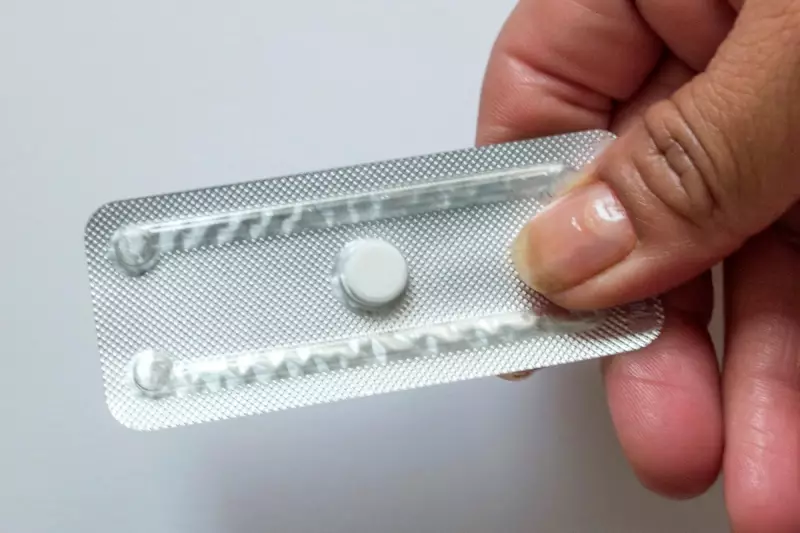
In a groundbreaking move for reproductive healthcare, the morning-after pill is set to become available free of charge from pharmacies across the United Kingdom. This revolutionary policy change promises to transform access to emergency contraception, removing significant financial and logistical barriers for women.
Ending the Cost Barrier
Currently, many women face the burden of paying up to £35 for emergency contraception at private pharmacies, creating a significant obstacle during time-sensitive situations. The new initiative will eliminate this financial hurdle entirely, ensuring that cost no longer determines who can access crucial reproductive care.
How the New System Will Work
The streamlined process will allow individuals to obtain the morning-after pill directly from trained pharmacists without needing a GP appointment. This approach not only saves valuable time but also reduces pressure on already overstretched primary care services.
Key Benefits of the Pharmacy-First Approach:
- Immediate access during crucial 72-hour window
- Reduced waiting times compared to GP surgeries
- Professional guidance from qualified pharmacists
- Complete confidentiality in familiar local settings
A Major Step Forward for Women's Health
Healthcare advocates have hailed this development as a landmark achievement in making reproductive services more accessible and equitable. By normalising pharmacy access to emergency contraception, the policy helps destigmatise seeking timely reproductive care.
This initiative represents part of a broader shift toward empowering individuals with greater control over their reproductive choices while strengthening community-based healthcare infrastructure.
Implementation and Availability
While specific rollout dates are still being finalised, the Department of Health has confirmed that preparations are underway to implement this service nationwide. The move aligns with growing evidence that improving access to emergency contraception does not increase sexual risk-taking but rather promotes responsible reproductive health management.





